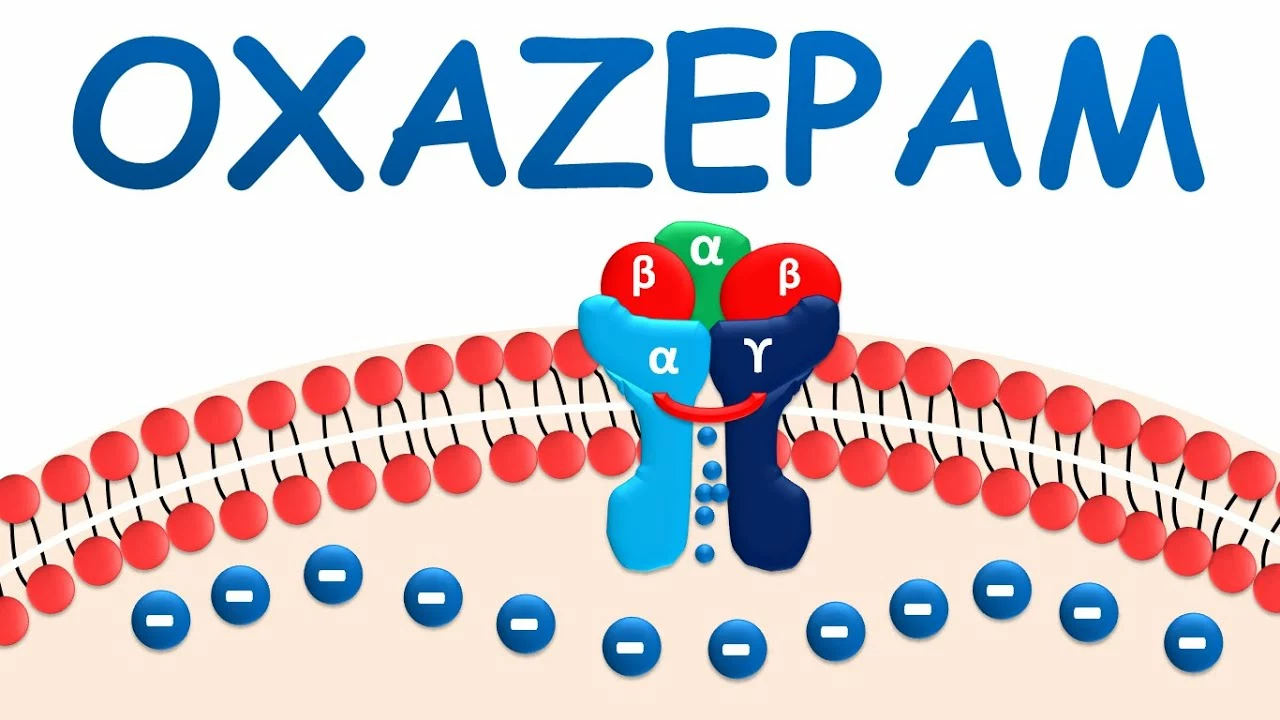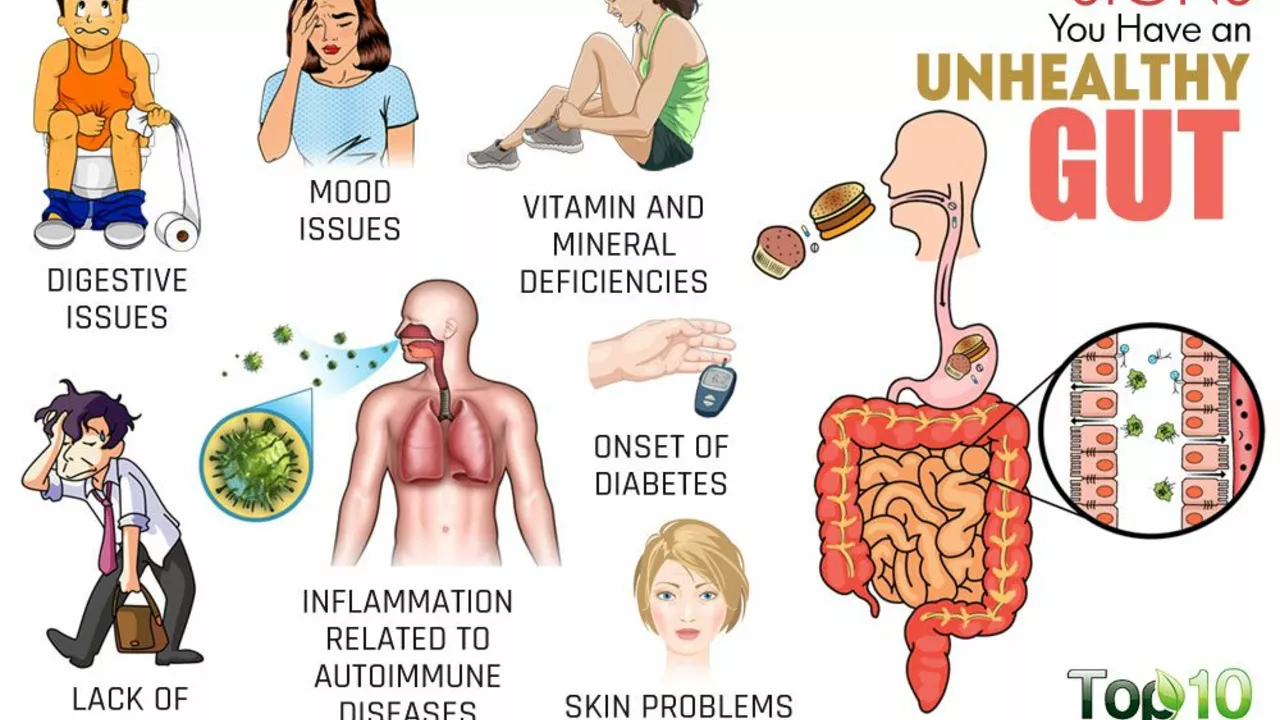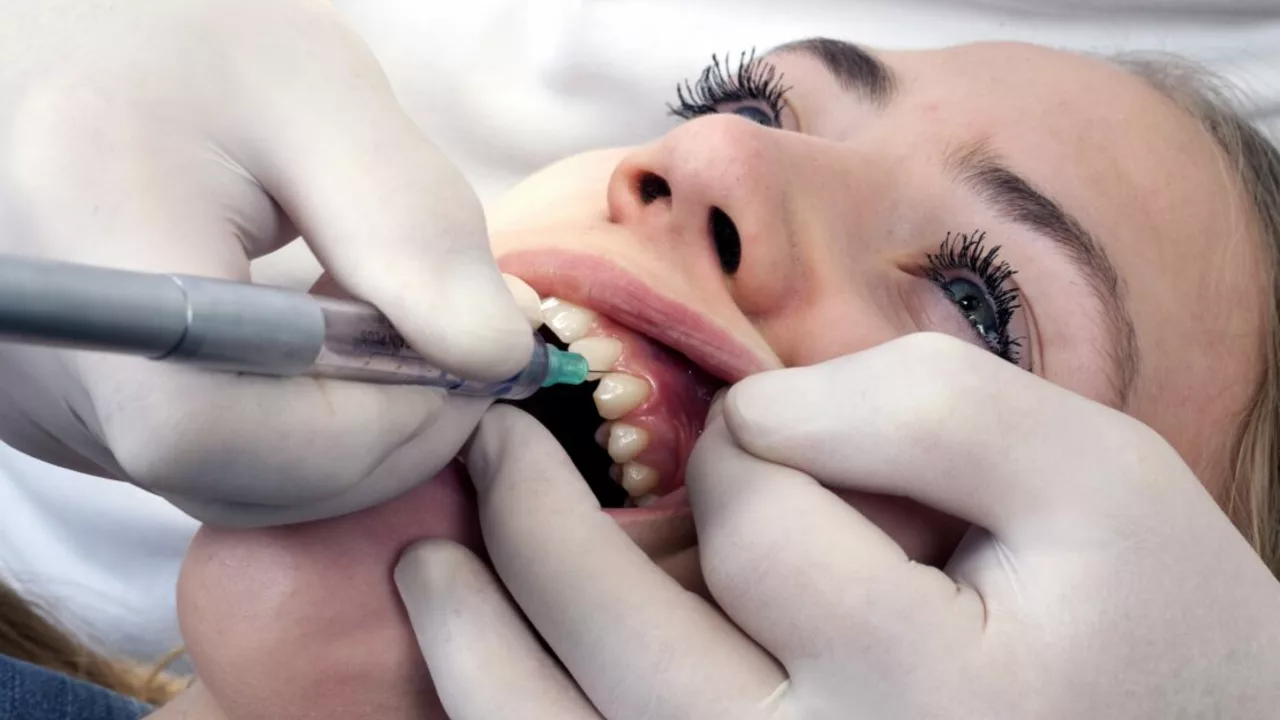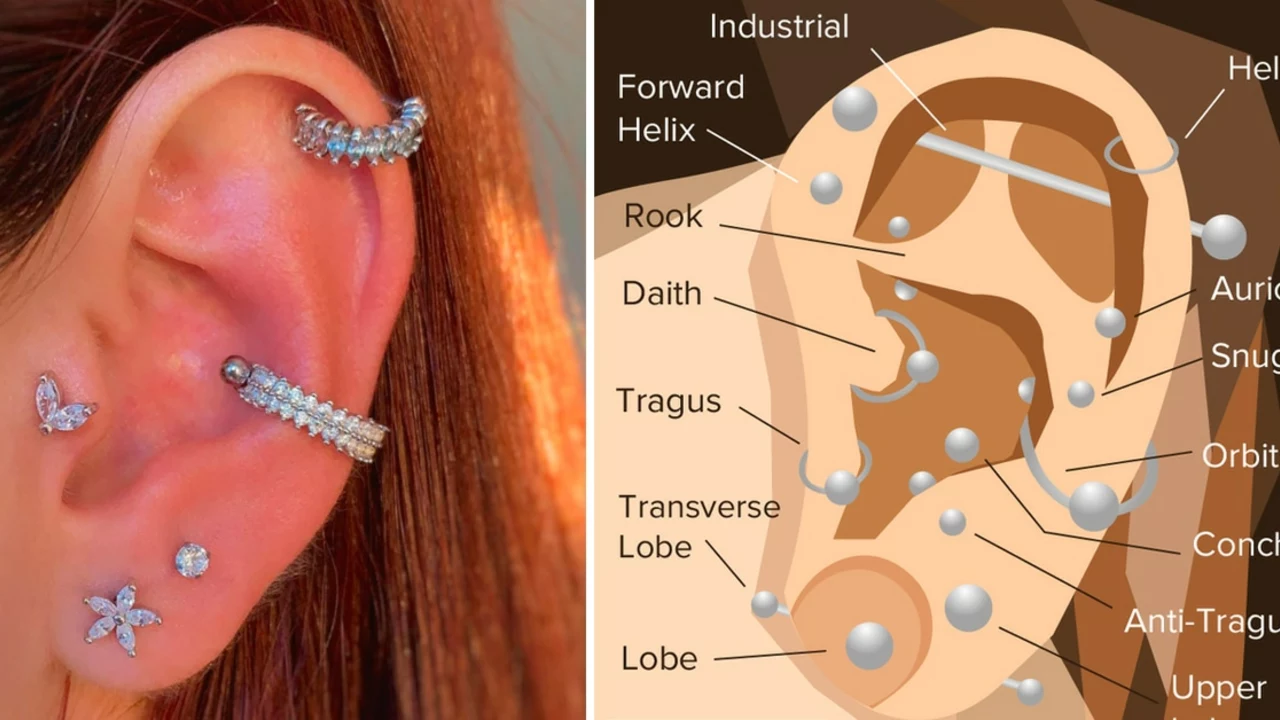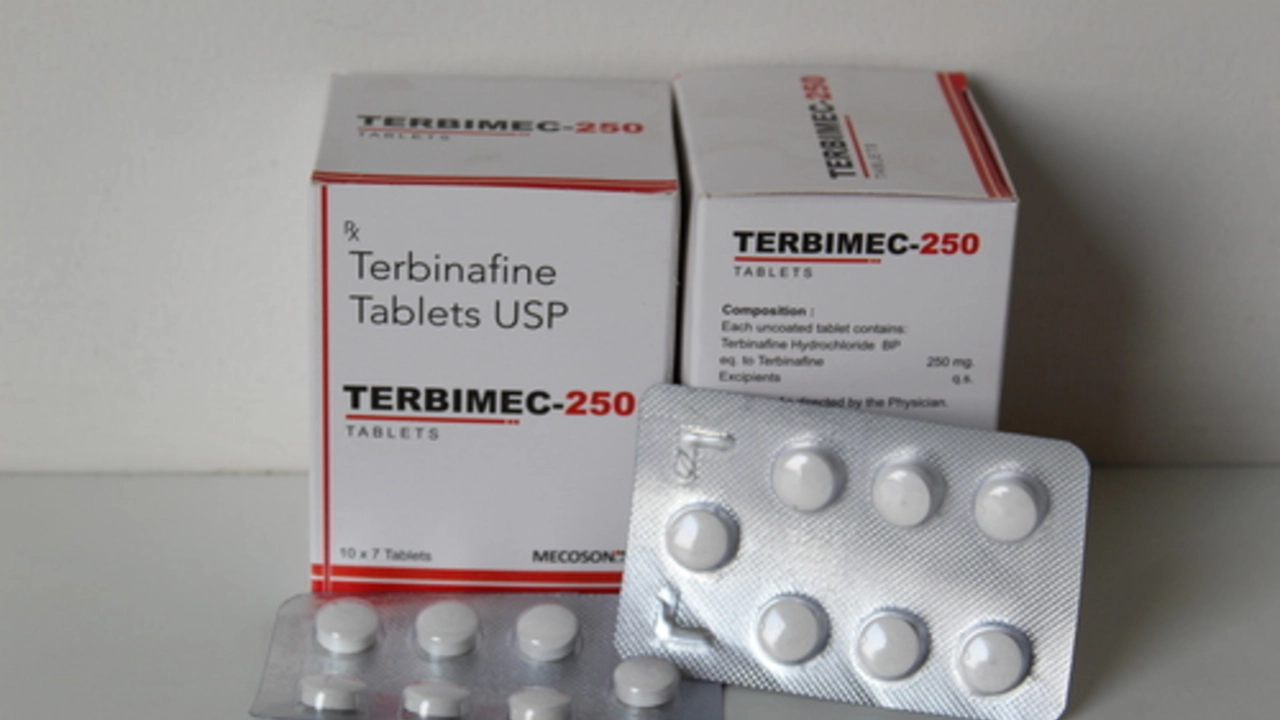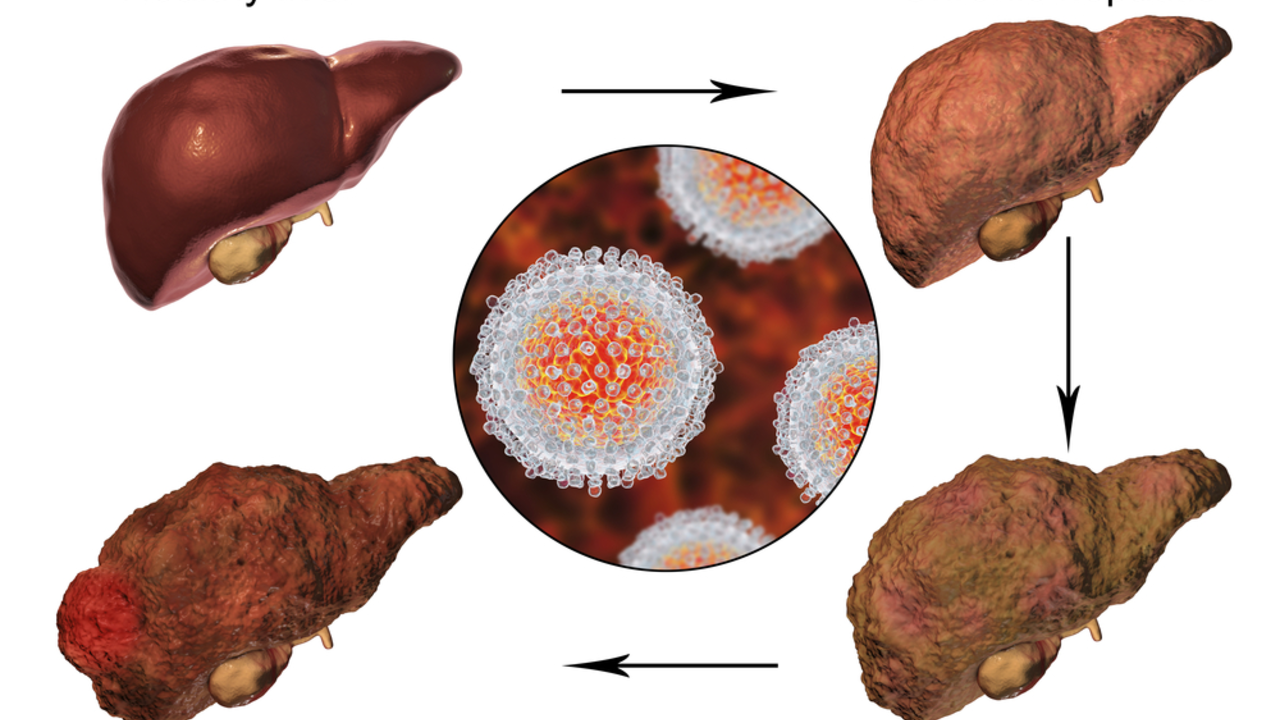July 2023 Archive — Quick, Practical Health Notes from Candrugstore
July packed short, useful posts about medications and everyday health risks. If you want actionable takeaways — what to ask your doctor, when to pause procedures, and when to test labs — this month’s roundup saves you time. Below I highlight the main points and clear next steps for each topic.
Top takeaways from each post
Acitretin and tattoos: Acitretin can slow skin healing and change how new tattoos look. If you’re on acitretin, avoid getting tattooed until a clinician says it’s safe. Ask your dermatologist about timing and wound-healing risks before booking a session.
Anemia and autoimmune links: Low iron, B12, or folate can worsen fatigue and affect immune responses. If you have an autoimmune disease and unexplained anemia, get simple nutrient tests and a blood count. Fixing deficiencies often improves energy and can reduce immune stress.
Prilocaine in dental work: Prilocaine is a fast, useful local anesthetic for fillings and some root canals. It’s generally safe but can cause methemoglobinemia in rare cases at high doses. Tell your dentist about lung problems, blood issues, or if you take drugs that raise methemoglobin risk.
Shingles contagiousness: Shingles itself isn’t passed as shingles. But the varicella-zoster virus can spread from an active shingles rash to someone who never had chickenpox — and that person could get chickenpox. Cover the rash and avoid contact with unvaccinated, pregnant, or immunocompromised people.
Ear piercings vs ear canal infections: Piercings mainly risk local (external) infections if not done cleanly or cared for. Inner ear canal infections usually come from water, allergies, or skin conditions. Use a pro piercer, follow aftercare, and see care early for redness, pus, or spreading pain.
Terbinafine and kidney function: Terbinafine can affect organ systems depending on dose and duration. If you have kidney disease or take multiple meds, discuss monitoring with your provider. Regular checkups and lab tests help spot problems early.
Traveling with chronic Hepatitis C: Plan your meds and documents ahead. Carry enough medication, store prescriptions in original bottles, and pack a short medical summary. Avoid alcohol, keep hydrated, and talk with your doctor about vaccines and local care options at your destination.
Quick safety checklist
Before you act on any of these posts: 1) Ask your prescriber about timing and interactions; 2) Get simple blood tests when starting or stopping meds; 3) Delay elective skin procedures while on certain drugs; 4) Keep clear records and meds when you travel. Small steps prevent big problems.
If one of these topics hits home, read the full post for details and questions to bring to your clinician. July’s posts were short, practical, and aimed at helping you make safe, informed choices about treatments and everyday health habits.
31
Acitretin and Tattoos: What You Need to Know
Hey there, ink enthusiasts and skin art connoisseurs! Today we're delving into the compelling world of Acitretin and tattoos. It's a wild ride, I promise! Now, Acitretin is a medication that treats severe psoriasis, but hold onto your tattoo guns, because it's got a zany side effect: it can mess with the healing of tattoos! This can lead to some pretty gnarly distortions in your fresh ink, and knowing is half the battle, right? So, before you pop that pill and hit the tattoo parlor, maybe have a chat with your doc. Keep your tattoos looking fabulous, folks!
26
Anemia and Autoimmune Diseases: The Impact of Nutritional Deficiencies on Immune Function
In my latest blog post, I've explored the connection between anemia, autoimmune diseases, and nutritional deficiencies. It's startling to realize how these deficiencies can actually impact our immune system's function. I've delved into how inadequate nutrition can lead to anemia and trigger autoimmune responses in the body. It's a must-read for anyone dealing with these health concerns or who wants to better understand the vital role nutrition plays in our overall health. So, come join me on this enlightening journey and let's take control of our health together.
21
The Uses of Prilocaine in Dental Procedures
In my recent research, I've found that Prilocaine is a highly effective local anesthetic commonly used in dental procedures. It's known for its rapid onset and medium duration of action, which makes it perfect for procedures like fillings or root canals. It's also very useful in reducing pain related to injections and can be combined with other anesthetics for longer procedures. Prilocaine is generally well-tolerated with minimal side effects, making it an excellent choice for dental patients. It's interesting to see how this medication enhances comfort and reduces anxiety in the dentist's chair.
16
Can Shingles Be Contagious? Debunking Common Myths
In my latest blog post, I explore the common misconceptions about shingles, particularly regarding its contagiousness. Contrary to popular belief, shingles itself is not contagious. However, the virus that causes shingles, the varicella-zoster virus, can spread from a person with active shingles to another person who has never had chickenpox. But instead of developing shingles, that person would develop chickenpox. It's crucial to understand these distinctions to prevent unnecessary panic and to promote proper precautionary measures.
12
The Relationship Between Ear Piercings and Ear Canal Infections
In my recent exploration, I delved into the relationship between ear piercings and ear canal infections. Interestingly, although ear piercings and ear canal infections are both related to our ears, they're not as directly connected as you might think. Ear piercings, particularly when not done professionally or cared for properly, can lead to localized infections or even systemic ones. However, these are typically limited to the external parts of the ear, not the inner ear canal. So, while there's a risk of infection from piercings, they're not typically the cause of ear canal infections - those are usually due to things like allergies, colds, or even water trapped in your ear.
6
Terbinafine and kidney function: What you need to know
In my latest blog, I dive into the relationship between Terbinafine, a common antifungal medication, and kidney function. I shed light on how this drug can potentially impact kidney function depending on the dosage and length of treatment. I also underline the importance of regular monitoring and caution for those with pre-existing kidney conditions. The blog delves into the possible side-effects and the necessity for regular medical consultations when taking Terbinafine. Finally, I touch on the significance of understanding the interaction between different medications and their overall impact on kidney health.
1
Traveling with Chronic Hepatitis C: Tips for Staying Healthy on the Go
Traveling with chronic Hepatitis C can be a challenge, but it's not impossible. It's vital to take certain precautions like staying hydrated, avoiding alcohol, and maintaining a balanced diet. Always carry your medication and medical reports with you. Regular exercise can also help, along with getting plenty of rest. Most importantly, always consult with your doctor before planning any trip.
Latest Posts
Popular Posts
-
 OTC Heartburn Medications: Antacids, H2 Blockers & PPIs Explained
OTC Heartburn Medications: Antacids, H2 Blockers & PPIs Explained
-
 Celiac Disease: Gluten-Free Living and Nutrient Supplementation
Celiac Disease: Gluten-Free Living and Nutrient Supplementation
-
 Stinging Insect Allergy: What Venom Immunotherapy Really Does for You
Stinging Insect Allergy: What Venom Immunotherapy Really Does for You
-
 Meniere’s Diet: How Sodium Restriction and Fluid Balance Reduce Vertigo and Hearing Loss
Meniere’s Diet: How Sodium Restriction and Fluid Balance Reduce Vertigo and Hearing Loss
-
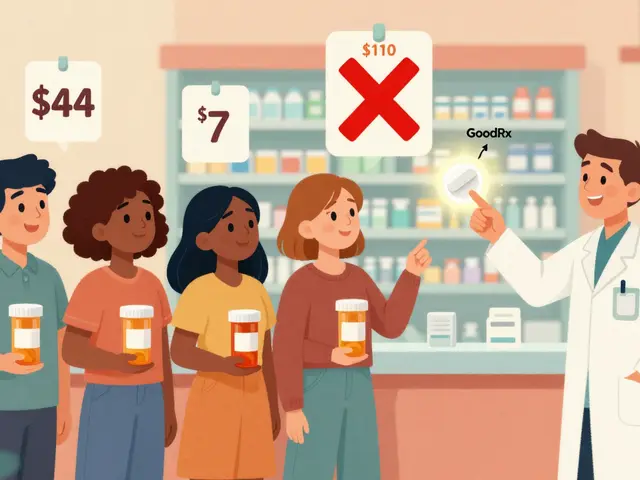 Out-of-Pocket Costs: How Generics Cut Your Drug Bills - and When They Still Hurt
Out-of-Pocket Costs: How Generics Cut Your Drug Bills - and When They Still Hurt
